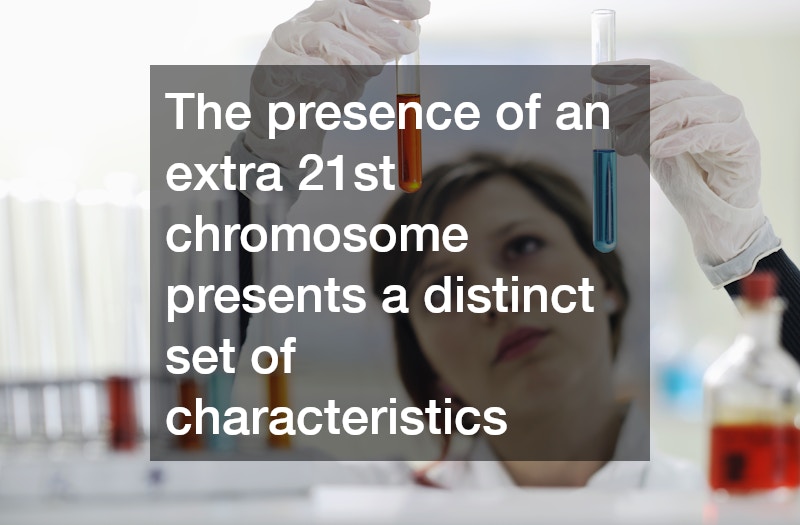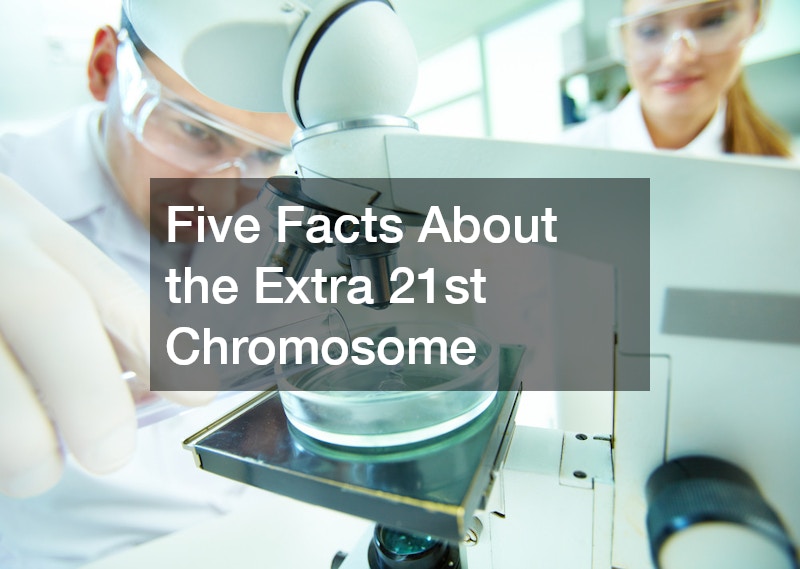Chromosomes play a crucial role in determining an individual’s genetic makeup. In the human body, there are typically 23 pairs of chromosomes, but some individuals possess an additional copy of the 21st chromosome, resulting in a condition known as Down syndrome. This genetic difference has a significant impact on various aspects of the affected person’s life. Also known as Trisomy 21, Down syndrome occurs in about 1 in every 700 births, making it one of the most common chromosomal conditions diagnosed in the United States. The presence of this extra chromosome can affect physical growth, cognitive development, and overall health, often leading to distinct facial features, developmental delays, and an increased risk of certain medical conditions such as heart defects and respiratory issues.
Despite these challenges, individuals with Down syndrome are capable of leading fulfilling, meaningful lives. In this blog post, we will explore five key facts about the extra 21st chromosome to better understand its implications and how it shapes the lives of those who have it.
Fact 1: The Genetic Origin of Down Syndrome
The extra 21st chromosome is the primary genetic cause of Down syndrome, a condition also known as Trisomy 21. It occurs when there is a complete or partial extra copy of chromosome 21. This genetic anomaly happens during the formation of reproductive cells or in some rare cases, during early fetal development. While the exact cause of this chromosomal occurrence is not fully understood, maternal age is a known risk factor. Women over the age of 35 have a higher likelihood of giving birth to a child with Down syndrome compared to younger women.
Fact 2: Common Physical Features
Individuals with an extra 21st chromosome often show certain characteristic physical traits. These features can include a flattened face, especially the bridge of the nose, and almond-shaped eyes that slant upward. Other common traits include a single deep crease across the palm of the hand, short stature, and a protruding tongue. While these physical features are common, each individual with Down syndrome is unique in their appearance and degree of traits. It is vital to understand and appreciate the individuality of each person rather than focusing solely on common physical features.
Fact 3: Health Implications
The extra chromosome in individuals with Down syndrome can lead to a variety of health challenges. Congenital heart defects are common, affecting approximately 50% of individuals with the condition. Gastrointestinal issues, hearing loss, and thyroid abnormalities are also prevalent. Regular medical check-ups and proactive healthcare measures are crucial in managing these health concerns. Despite the challenges, many people with Down syndrome lead healthy and fulfilling lives, thanks to advances in medical care and early interventions.
Fact 4: Cognitive and Learning Aspects
An additional 21st chromosome can affect cognitive functioning and learning abilities to varying degrees. Most individuals with Down syndrome experience mild to moderate intellectual disabilities, impacting language, learning, and social skills. Early intervention programs, inclusive education, and tailored learning strategies can significantly aid in their cognitive development. Encouragement and specialized support allow individuals with Down syndrome to hone their strengths and achieve their personal milestones. With the right resources and support, many individuals with Down syndrome thrive in educational settings and contribute meaningfully to their communities.
Fact 5: The Importance of Social Inclusion
Social inclusion is vital in empowering individuals with Down syndrome to lead fulfilling and independent lives. When society embraces diversity and inclusivity, individuals with the extra 21st chromosome are more likely to experience a sense of belonging and acceptance. Inclusion in schools, workplaces, and community activities fosters social skills development and boosts self-confidence. Advocacy groups and organizations play a crucial role in promoting social inclusion and raising awareness about Down syndrome. As societal attitudes continue to progress, those with an extra 21st chromosome can look forward to greater opportunities and integration into all facets of life.
The presence of an extra 21st chromosome presents a distinct set of characteristics, challenges, and opportunities for those affected by it. Understanding these five facts reveals not only the scientific background of Down syndrome but also highlights the importance of empathy, inclusion, and support. By embracing diversity and providing comprehensive resources, we contribute to building a world where individuals with Down syndrome can thrive and share their unique perspectives. In continuing to raise awareness and promote inclusivity, we lay the groundwork for a more understanding and accepting society, benefiting all its members. It is essential to recognize that individuals with Down syndrome are not defined solely by their diagnosis. They are vibrant, capable, and valuable members of our communities, with talents, dreams, and contributions that enrich our lives. Through education, advocacy, and open-minded dialogue, we can dispel harmful stereotypes and replace them with appreciation and respect. Together, we can foster an environment where every person, regardless of genetic makeup, is empowered to reach their full potential.
.

